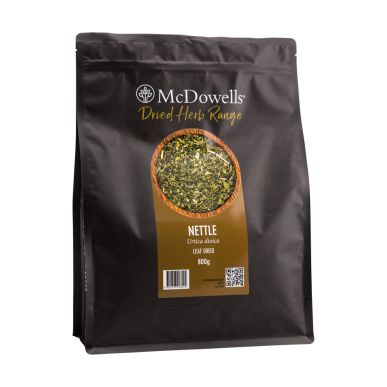Masticatory Muscle myositis (MMM) is an immune-mediated, inflammatory condition that affects the muscles of the jaw in dogs. Specifically, the immune system starts making antibodies directed against type II muscle fibres. In acute cases, muscles are swollen, and there is difficulty in opening the jaw.
Dogs with MMM often experience excruciating pain when they open their mouths and are unable to pick up toys, eat or chew. They often have an obvious atrophy of the muscles around the top of the skull above the eyes.
The average age of a dog that may develop MMM is around three years old, but there have been cases recorded as young as four months old.
MMM is a serious condition that needs to be diagnosed as soon as possible. Usually, your vet will prescribe a course of steroids and if commenced straight away, a dog will often regain normal jaw function and the ability to open and close their mouth.
MMM can affect any breed, although there are several breeds identified as more likely to develop the condition such as Golden Retrievers, Dobermans, German Shepherds, Labradors, Cavalier King Charles Spaniels, Weimaraners and Rottweilers.
In addition to your vet’s prescription McDowells offers a herbal support program which has been the most rewarding in client feedback.
What causes myositis?
Anything that could influence and confuse the immune system can play a role in the cause of a dog developing MMM. Some dogs are predisposed genetically, whilst others have suspected triggers such as bacterial or viral infections, stress, exposure to allergens, reactions to medication and environmental toxins and possibly even vaccines. Diet also plays a crucial role, with certain foods targeted at dogs that lack the nutrients necessary for a healthy and well-functioning body. Substances like gluten also could disrupt the absorption process in the intestines, leading to local inflammation and triggering an immune response. This is why a raw, fresh food diet is an essential part of our program.
Although there are several factors that can contribute to the cause of a dog developing this disease, given the nature of MMM, unfortunately, the actual trigger may never be known.
Our Approach
Although the disease may be quite recognisable visibly, a blood test is required before any course of action is started. The blood test searches for and measures circulating antibodies that attach to the muscle fibres.
We have, and continue to, consult and develop programs for numerous dogs in various stages of myositis. From the beginning stages of diagnosis, to some that are further progressed with severe pain and an inability to eat.
Although steroids provide temporary relief and are the first choice of action by veterinary surgeons, our program is an effective and safe alternative to having conventional medication long-term. Our program can still be used alongside the initial steroid administration to assist in managing the disease.
The McDowells Herbal approach is to try and normalise the immune reaction overall.
Most importantly, we need to optimise digestion and liver function. Herbs like Chamomile and Dandelion are very useful for this. We also need to normalise and optimise the metabolism and help the elimination of toxins from the body and the herbs in our Conditioning Mix are the ideal combination to achieve this, whilst other herbs balance and support the immune system.
The Bach flowers in the mix address the emotional side of the disease by improving the energy flow, balancing emotions, creating harmony and creating a feeling of safety. Additionally, the strong and natural antioxidants from the Maritime Pine Bark Extract, protect the body from harmful free radicals. This is especially important when inflammation is present in the body. Maritime Pine Bark positively influences many organ systems, including a balancing and strengthening effect on the immune system, along with providing support for the vascular system.
Finally, the Liquorice and Elecampane Extract provides a natural cortisone-type of action along with essential tissue repair.
These herbal formulas combined with an early diagnosis and an excellent raw food diet, are key supports to help your dog overcome myositis and to live a normal, happy life.
To find out more and what mix could help your canine, click here to book your free consultation.



